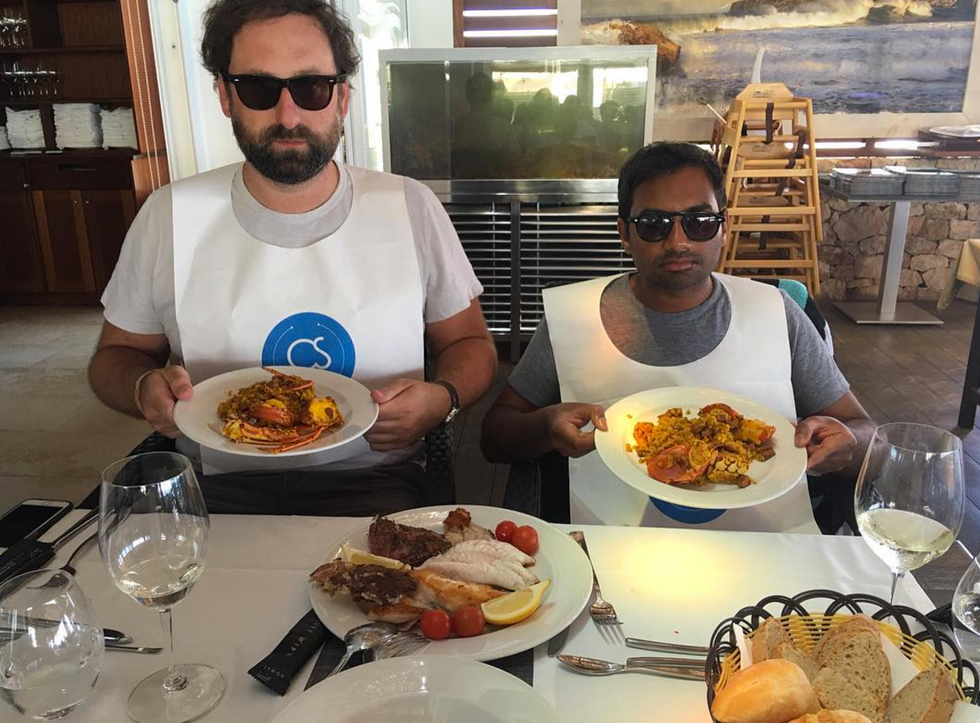The year was 2015 and upon going through my Netflix queue I stumbled on a little show called "Master of None." As an avid fan of Parks and Recreation, I was familiar with Aziz Ansari and he had become one of my favorite comedians. Starting new shows has always been a black hole for me and this is because I either love or hate what I am watching. In this particular case, a love affair started.
"Master of None" is without a doubt a clever, charismatic, entertaining, enlightening and hilarious rollercoaster ride. At the same time, it is a necessary step in portraying the lives of diverse people in the United States and New York City. The main character is Dev Shah, an Indian-American actor whose friends are diverse not only in identity but in storylines as well. Dev's best friend, Arnold, is seen as the "token white friend," a play on the repeated narrative of having minority characters play the outlier friend in non-diverse casts. Another friend, Denise, is African-American and a lesbian, has an entire episode in the second season titled, "Thanksgiving," dedicated to the relationship between her and her mother due to her sexuality. Aziz and Alan Yang, co-creator and co-writer, allow these rare narratives to be seen in the mainstream and on the popular streaming service, Netflix.
The first season touched on the issues of proper race representation in films and television as Dev sees himself repeatedly typecast as a taxi driver, the immigrant experience, gender equality and equity as well the popular storylines of romance and friendship. These storylines teach us lessons while also making us laugh and entertaining us. The second season expanded on this inclusion theme by discussing religion, sexual harassment, and sexuality. One episode titled, "New York, I Love You," focuses on the lives of different New Yorkers who all ended up in the same movie theater. These individuals include a group of taxi drivers who are immigrants to the United States and a deaf couple.
The deaf couple communicates in ASL for 15 minutes of the episode and thus there are only subtitles to understand what they are saying. There is also absolute silence during their scenes so that the viewer can understand the experience of being unable to hear. When they are communicating with nonhearing impaired individuals, you are only able to see them speak and not hear what they are saying. It is a very jarring experience and an emotional one as well. The idea of putting yourself in one's shoes was a reality.
The show embraces diversity. The idea is simple. Present a universe where people come from a plethora of backgrounds and co-exist. This idea isn't a fantasy. It's how cities such as New York operate and it is what makes us great.
Being a minority actor in Hollywood is not an easy career as we have learned in recent years due to large coverage of the 2016 #OscarsSoWhite uproar and interviews with the actors themselves. There has always been a call to put more minorities behind the camera, writing scripts and telling unique and unheard stories. Aziz Ansari has answered that call. Television like this should be more of a reality as we approach a new decade and I applaud Aziz Ansari and Alan Yang for giving it to us in the form of a brilliant comedy about self-identity and finding true happiness.
I highly recommend binge watching both seasons and I guarantee you will love it as much as I do.

















